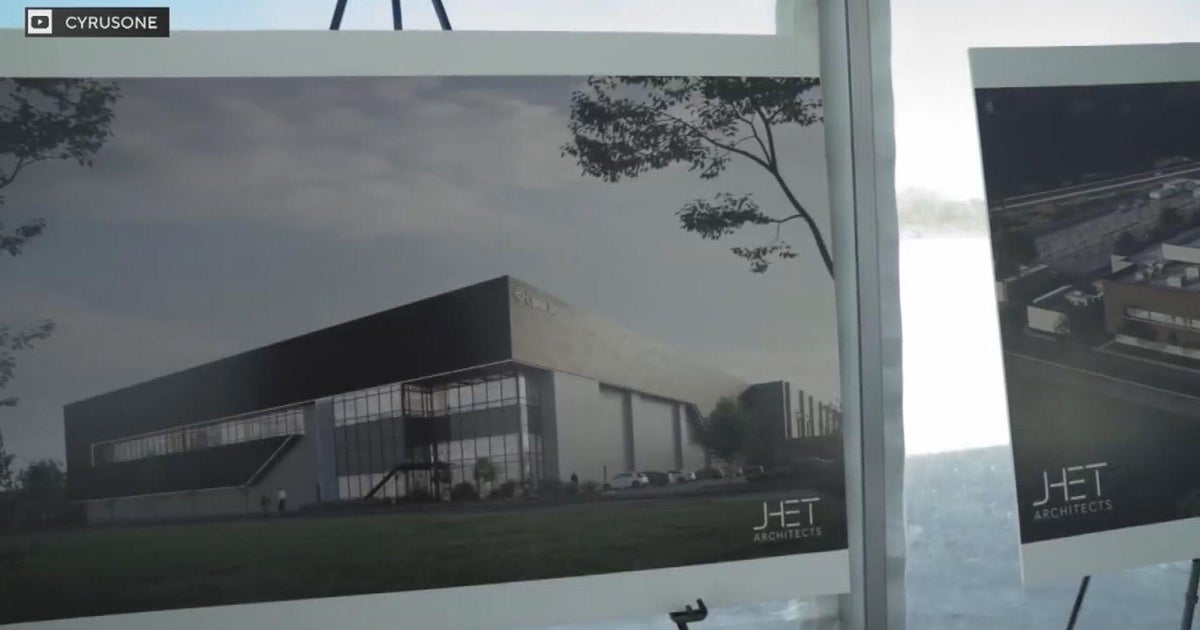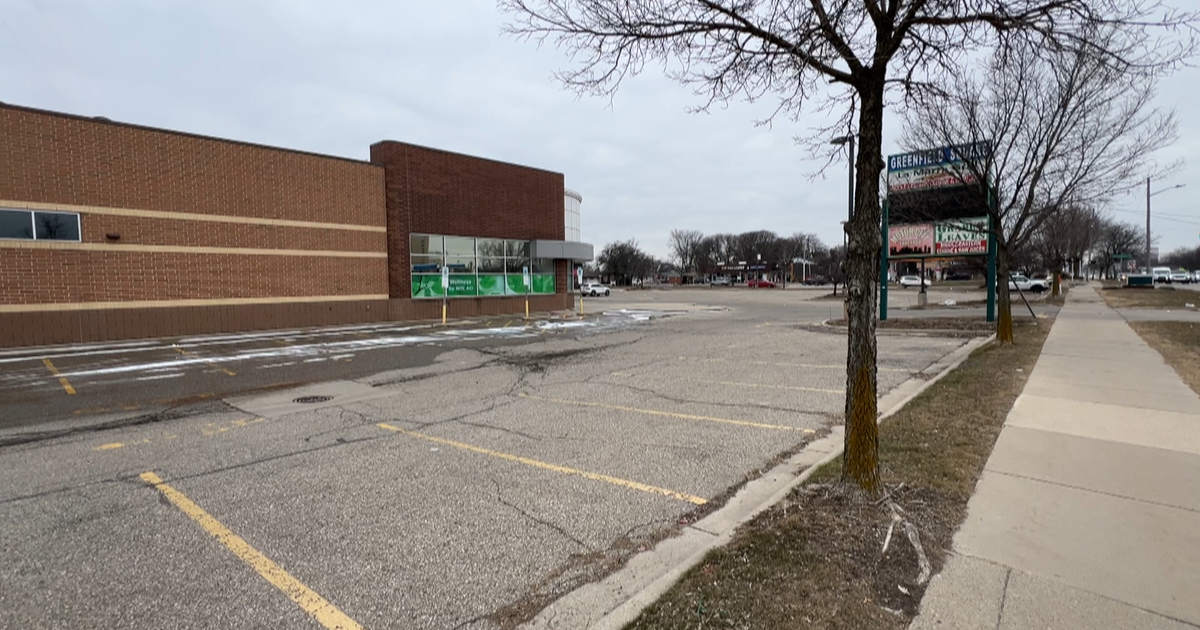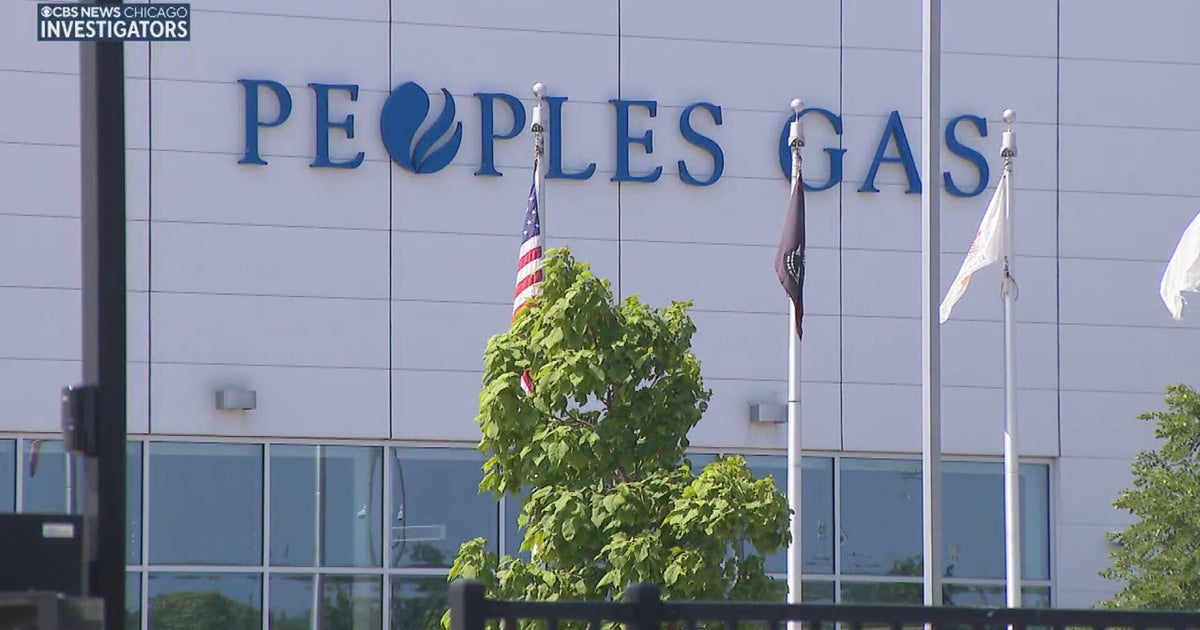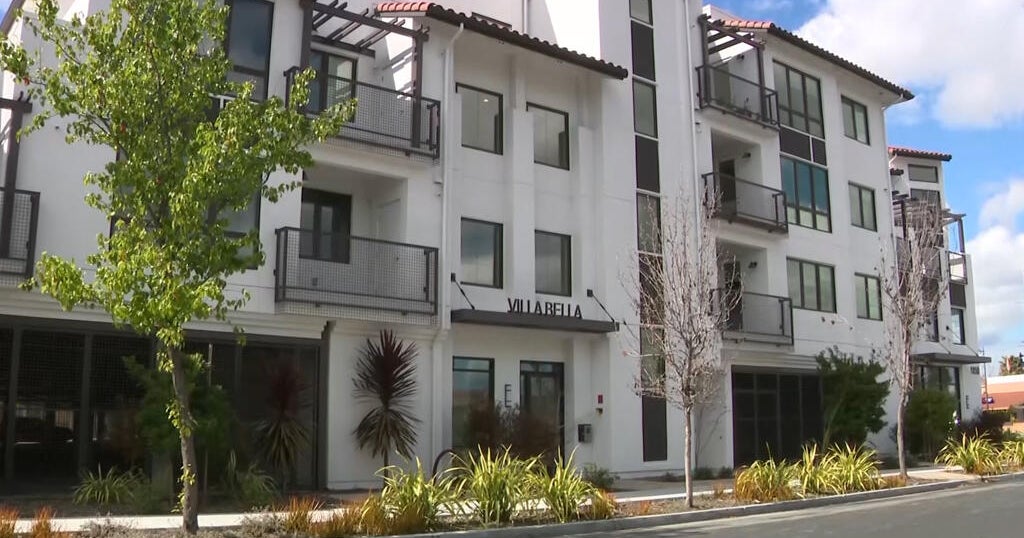Palo Alto Residents Launch Referendum Campaign Challenging Plan To Open Foothills Park To Non-Residents
PALO ALTO (CBS SF) – A group of Palo Alto residents have launched a referendum campaign challenging the City Council's recent decision to end the decades-long ban on non-resident access to Foothills Park, which could revive a lawsuit against the city.
Last month, the council voted 5-2 to end the policy, which became the subject of a lawsuit filed by the American Civil Liberties Union, who called it unconstitutional and discriminatory. The park is set to open to people who live outside of Palo Alto on December 17.
"The democratic process should be followed. The current changes to Foothills Park Ordinance were approved by City Council behind closed doors without input from the public," said the petition. "The measure to open Foothills Park to General Public should be put on the ballot and details should be openly discussed with constituents."
A statement from city officials posted Wednesday disputed claims that there was no public input on the Foothills Park matter, noting the public has had a chance to weigh in at multiple open meetings and the Council has received several hundred emails on the matter since August.
"The Foothills Park discussions by the City Council and by the Parks and Recreation Commission were transparent and were provided in several ways through an open and deliberative public process to gain community input," officials said.
The city also addressed concerns over two closed session meetings about the lawsuit, saying that many residents commented ahead of each meeting and that attorney consultations were held in private "to protect the City's ability to effectively defend itself in litigation."
If the measure qualifies, the ordinance opening Foothills Park would not take effect, officials said. Under the city's charter, the Council could either repeal the ordinance or place it on a future ballot.
A referendum would also allow for the ACLU to resume legal action against the city, which was dropped after the Council's decision in November.
"Litigation costs and timing of the legal proceedings are uncertain but likely to be significant," city officials said. The city also noted they could also be subject to a court order overriding the residents-only policy and be subject to paying the plaintiffs' legal fees.
Plaintiffs claimed in the lawsuit (.pdf), which was filed earlier this year, that the residents-only restriction violates both the U.S. and California constitutions because it infringes on freedom of movement, freedom of speech and freedom of assembly. The plaintiffs also claimed the policy is a vestige of the city's legacy of racial discrimination.
Supporters of the referendum are seeking to gather more than 2,500 signatures from Palo Alto residents by mid-December.







